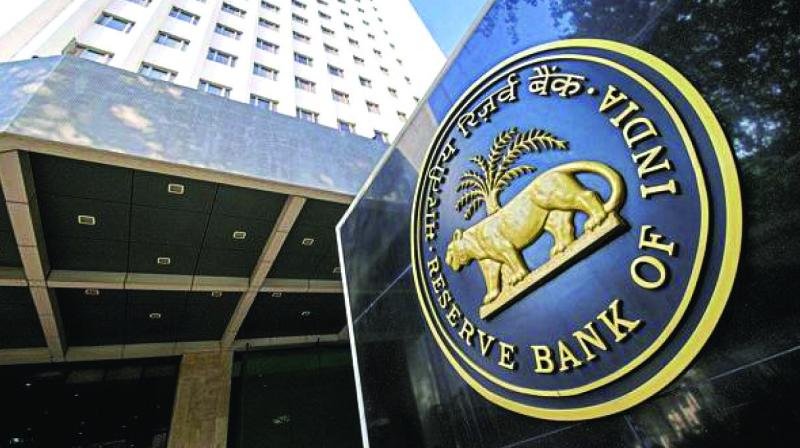
New Delhi: The Reserve Bank of India (RBI) on Thursday said that all payment operators have to adopt the Interoperable Quick Response Code (Interoperable QR Code) by March 2022. This order of RBI means that the payment system operators have to shift to a QR code system, which can also be scanned by other payment system operators. The last date for implementation of this process is March 31, 2022. A committee headed by Professor Deepak Phatak had made several suggestions regarding changes in interoperable QR codes in the next two years. Currently, there are three types of QR codes in the country. These are Bharat QR, UPI QR and Proprietary QR codes. UPI QR and Bharat QR will continue as before.

Awareness of payment operators will be the responsibility
An official statement issued by the central bank said that payment system operators have to be the first to spread awareness about interoperable QR codes. This suggestion of Phatak Committee will help in strengthening the payment infrastructure. The interoperability will be convenient for the common people and the payment system will be better than before.
The committee was formed in December last year
Explain that the Central Bank had constituted a committee on December 23, 2019, which was chaired by DB Phatak. This committee was tasked to review the existing QR Code system and make appropriate suggestions so that the interoperable QR code system can be implemented.
The committee then submitted its report to the RBI. The report was published on the official website of the RBI for public comments and feedback. In July, the committee recommended that incentives be given to promote transactions through QR codes.
Emphasis on self-regulatory body
The RBI has also prepared a Regulatory Framework for this so that various payment systems can be operated in the country. The central bank also emphasized on promoting the establishment of self-regulatory organization for payment system operators. A self-regulatory body is a non-governmental organization that sets rules and standards for its member units based on industry. This institution also protects the interest of the customers.






















































